According to Vice Chairman of the Provincial People's Committee Dang Minh Thong, the conference is the first step to mobilize proposals, initiatives, and solutions to lay the foundation for a "Green Con Dao" - a place of creative economy, circular and sustainable industry, developing a better living environment for the community.
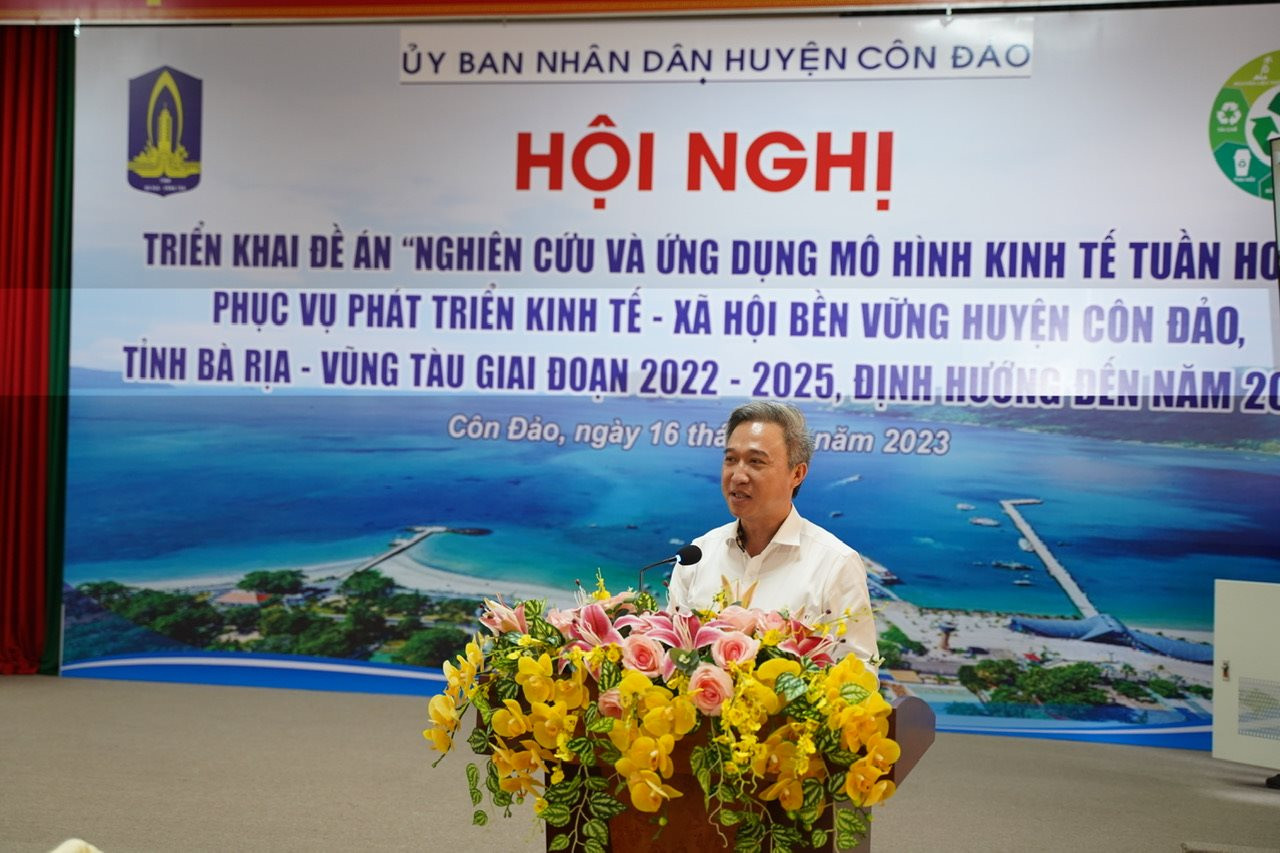
Ba Ria - Vung Tau province has determined that the circular economy will play an important role in solving environmental and energy issues in Con Dao, contributing to building infrastructure, institutions and social resources for sustainable economic development. Con Dao will improve the competitiveness of key economic clusters and develop high-quality tourism to attract diverse sources of tourists and increase tourism revenue. This also plays an important role in the sustainable development of supporting economic clusters. In addition, the Project will contribute to regenerating natural capital according to the circular economic model for local activities.
“The project includes research activities and application of circular economic models through multi-sectoral and multi-disciplinary cooperation; focusing on building links and increasing value between research institutions, authorities, businesses, people and stakeholders. The goal is to provide scientific and practical solutions,” emphasized Mr. Dang Minh Thong.
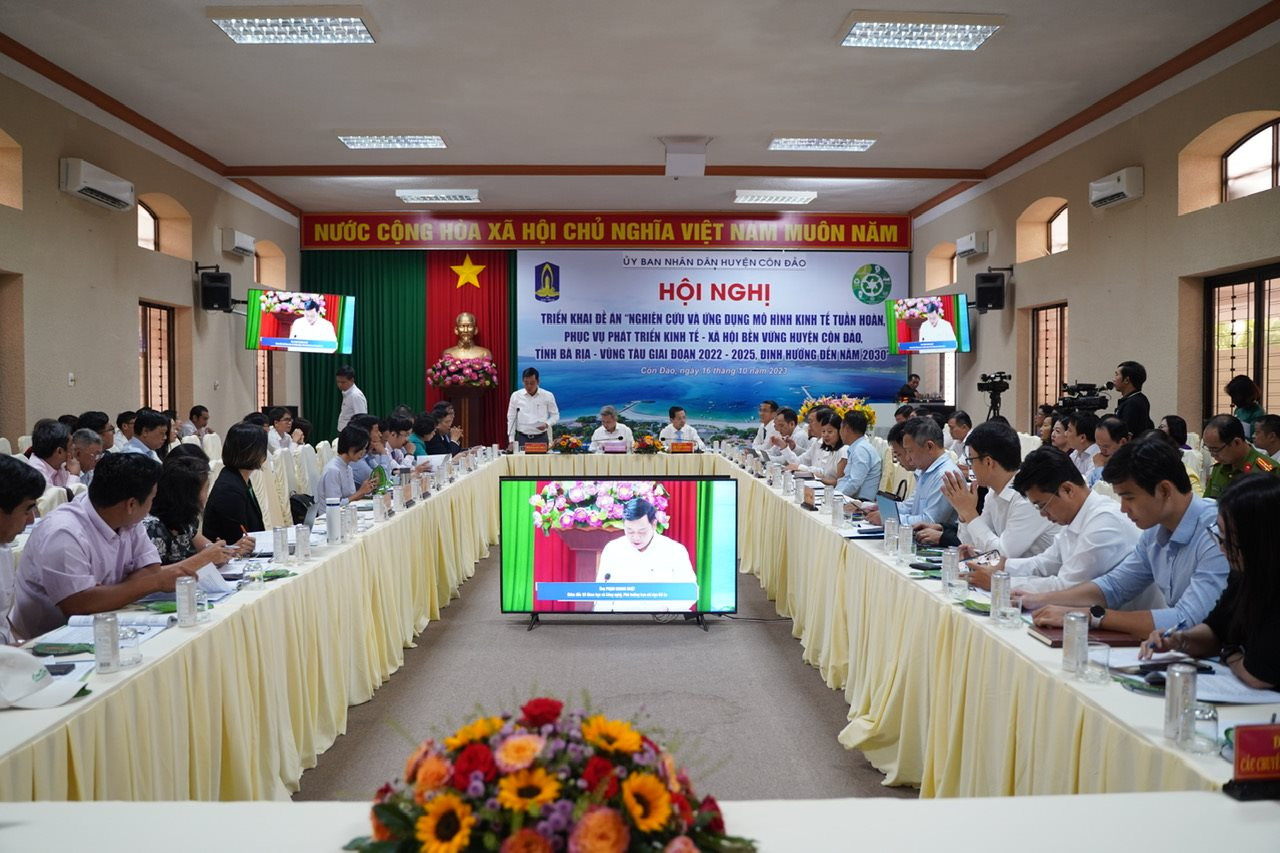
According to Vice Chairman of the People's Committee of Ba Ria - Vung Tau province Dang Minh Thong, the project will utilize resources from research combined with national and local programs. At the same time, the province will also seek funding from international funds to contribute to global programs on biodiversity conservation, greenhouse gas emission reduction, and promotion of cultural and social values. In addition, attracting funding from the private sector and businesses will be done through production pilot projects.
We will develop regulatory policies and incentives to encourage the transition of the current economy towards a circular economy. This includes supporting the business community in providing services that improve economic and environmental performance, including in the areas of energy, water, materials and nature conservation.
Mr. Dang Minh Thong - Vice Chairman of the People's Committee of Ba Ria-Vung Tau province
At the conference, delegates proposed that, in order to implement the Circular Economy Project, Con Dao needs to propose solutions to reform the current institutions and put into action specific regulations in the Law on Environmental Protection. In particular, clearly defining the responsibilities of manufacturers and distributors in collecting, classifying, recycling or paying for waste product treatment costs based on the quantity of products sold on the market. Con Dao needs to have a specific policy mechanism to support the development of a product exchange market to serve the conversion of waste products into recycled resources in the closed-loop system of the new production cycle.
It is necessary to develop a roadmap to replace the use of fuels and products that are harmful to the environment with more environmentally friendly energy sources and products, especially reducing the use of plastic bags and disposable plastic products. In addition, it is necessary to increase support for businesses in accessing financial and technological opportunities in the process of implementing circular economic models in Con Dao.
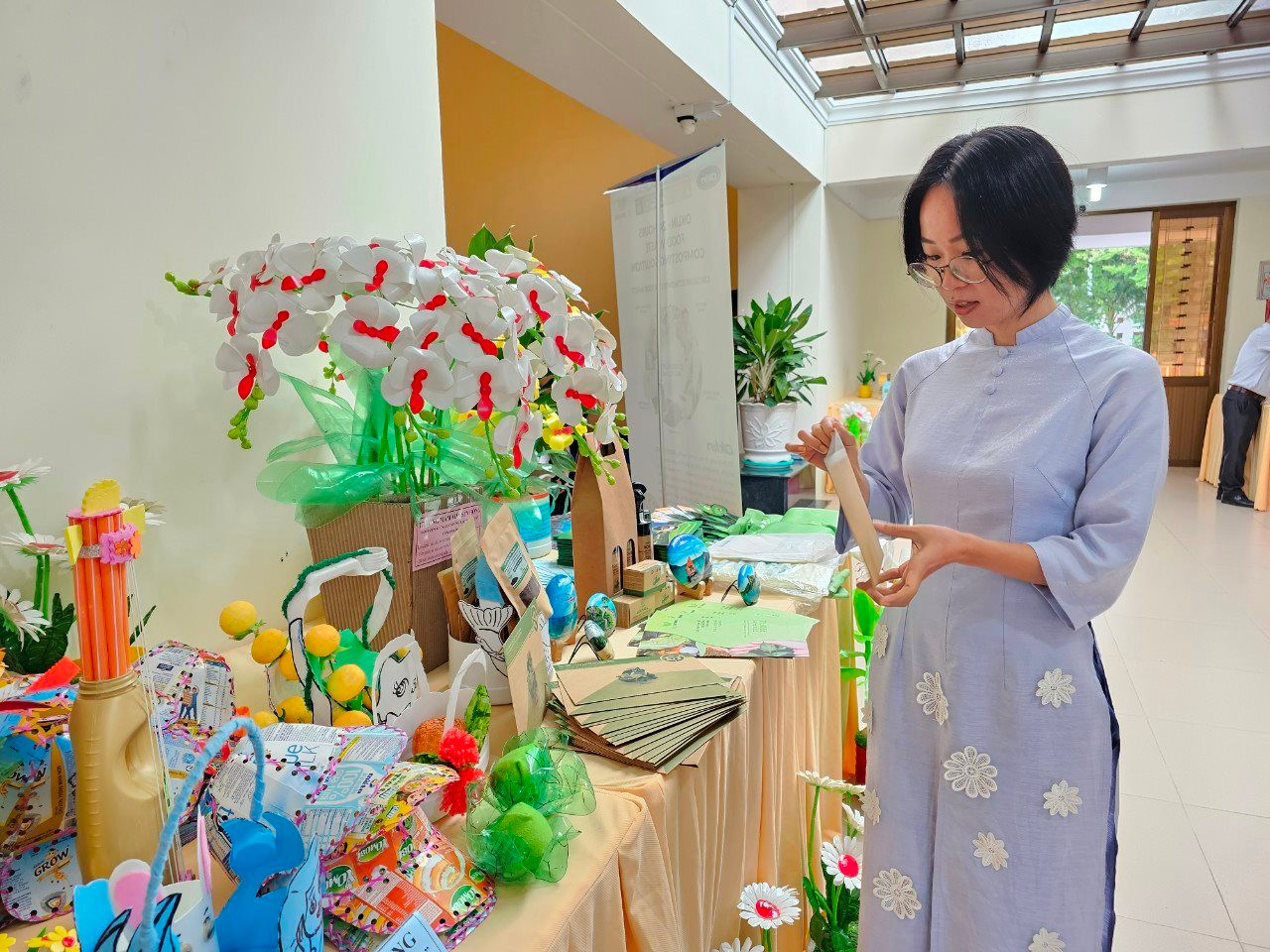
Communication solutions need to be deployed to increase awareness of circular economic responsibility for both businesses and people. At the same time, promote waste classification at source, change consumer behavior towards environmentally friendly products. The business community in Con Dao changes its thinking and designs production models according to connected solutions to increase the use of recycled and fully reusable products.
According to Mr. Le Van Phong - Secretary of the District Party Committee, Chairman of the People's Committee of Con Dao district, the implementation of the project to apply the circular economic model for Con Dao can, on the one hand, meet the needs of socio-economic development, on the other hand, preserve environmental hygiene, promote cultural and ecological values. The efforts also contribute to helping Con Dao proactively respond to environmental changes to meet the requirements and policies of sustainable development and green growth set forth by the Party and the State. At the same time, it will create many positive changes in serving to promote sustainable growth of the island district, becoming a pioneer island district and a typical model in applying circular economy in the province and the whole country.
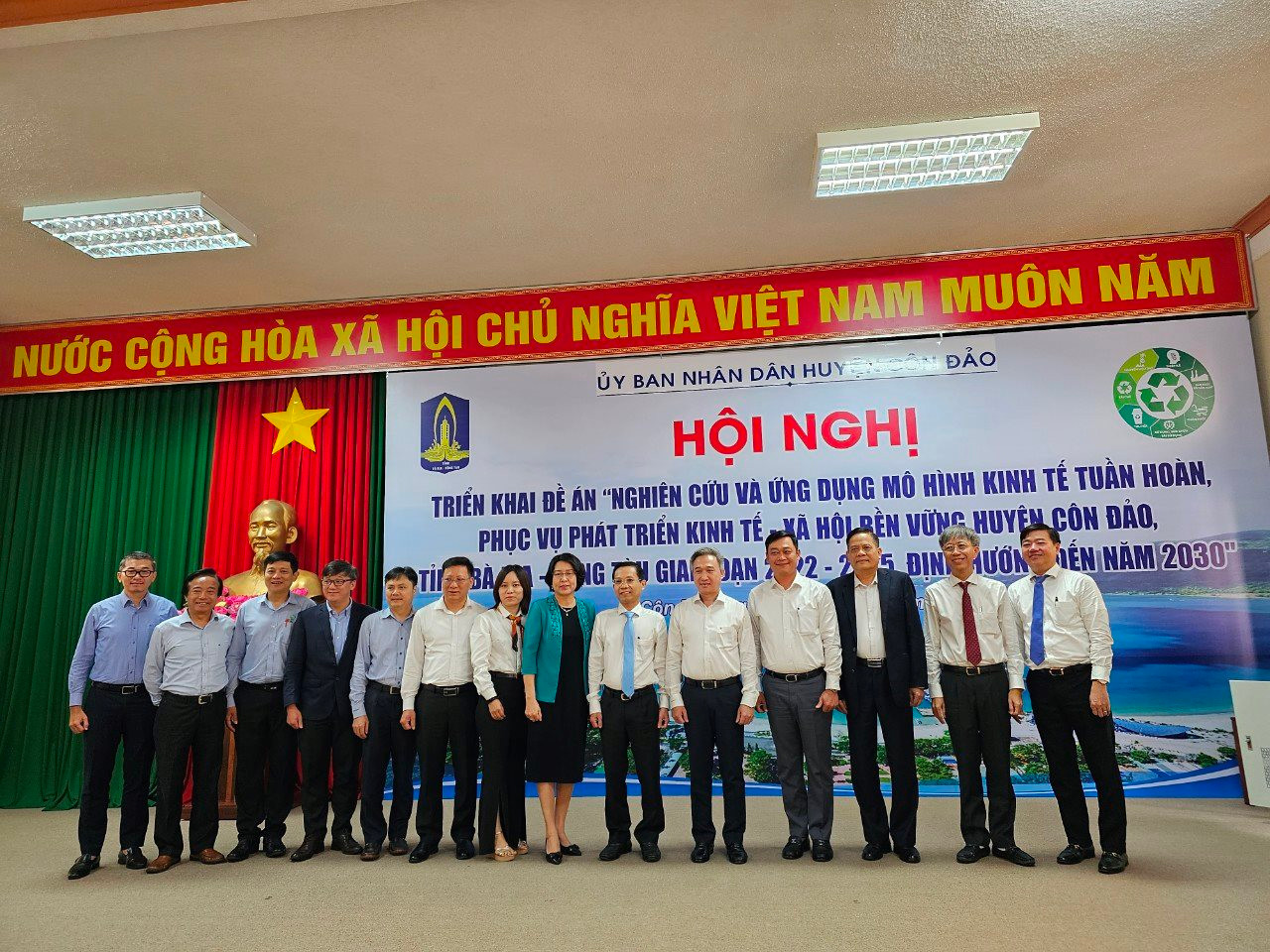
Expressing his expectations for the Project, Vice Chairman of the province Dang Minh Thong said: “The transition to a green economic model and a circular economy in Con Dao will develop rapidly and sustainably, with breakthrough steps. We are confident and hopeful that the future of Con Dao will achieve great success in environmental protection and economic development.”
On March 16, 2023, the People's Committee of Ba Ria - Vung Tau province issued Decision No. 495/QD-UBND approving the project "Research and application of the Circular Economy model to serve sustainable socio-economic development of Con Dao district, Ba Ria - Vung Tau province for the period 2022 - 2025, with a vision to 2030"
The project has 6 groups of solutions including: Education on circular economy awareness; Waste reduction, No plastic waste; Water circulation; Development of green transport and efficient use of energy; Conservation of biodiversity; Sustainable tourism associated with the application of circular economy.
The implementation roadmap is divided into two phases. Phase 2022-2025: Prepare legal bases, technological solutions, action plans and management regulations for projects under the project; pilot implementation of circular policies, pilot projects from the results of research projects, call for investment for integrated projects including 28 topics/projects/schemes.
Phase 2026-2030: Expand the project based on achievements and lessons learned from the previous phase, including 12 topics/projects, specifically: 2 newly implemented topics/projects, 10 topics/projects carried over from the 2023-2025 phase.
Source


![[Photo] Overcoming all difficulties, speeding up construction progress of Hoa Binh Hydropower Plant Expansion Project](https://vstatic.vietnam.vn/vietnam/resource/IMAGE/2025/4/12/bff04b551e98484c84d74c8faa3526e0)


![[Photo] Closing of the 11th Conference of the 13th Central Committee of the Communist Party of Vietnam](https://vstatic.vietnam.vn/vietnam/resource/IMAGE/2025/4/12/114b57fe6e9b4814a5ddfacf6dfe5b7f)


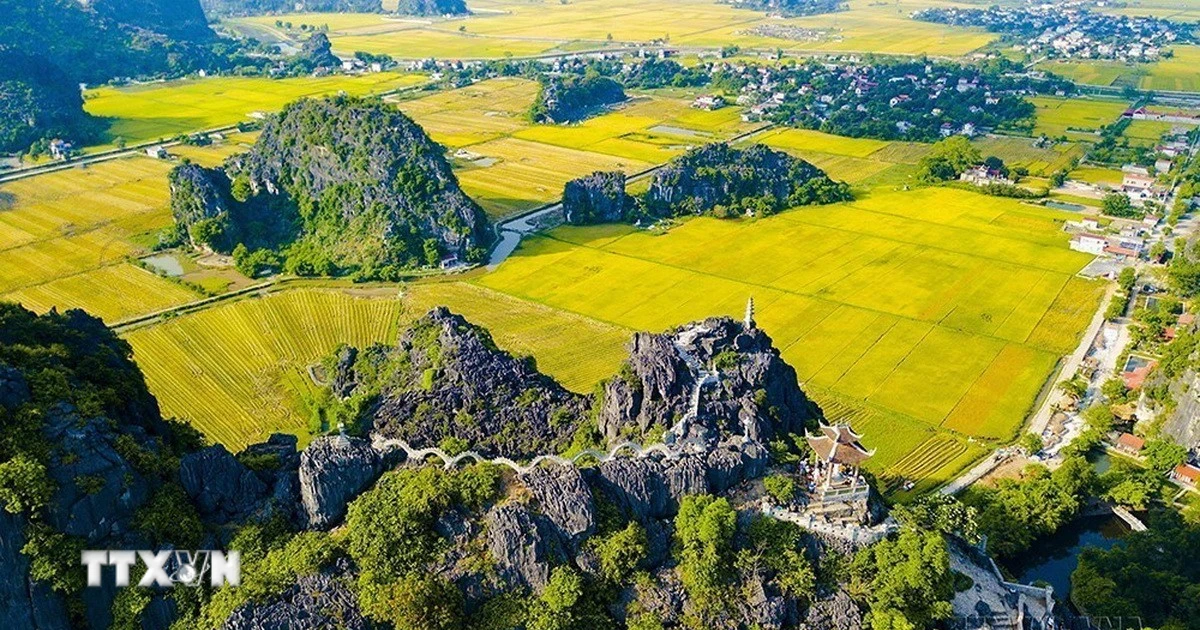

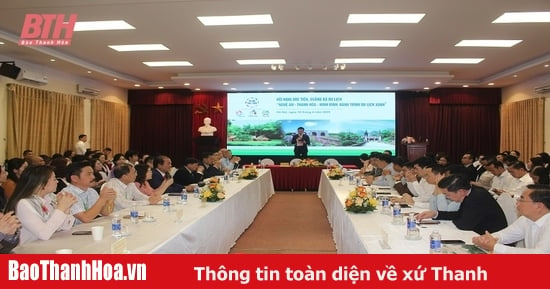

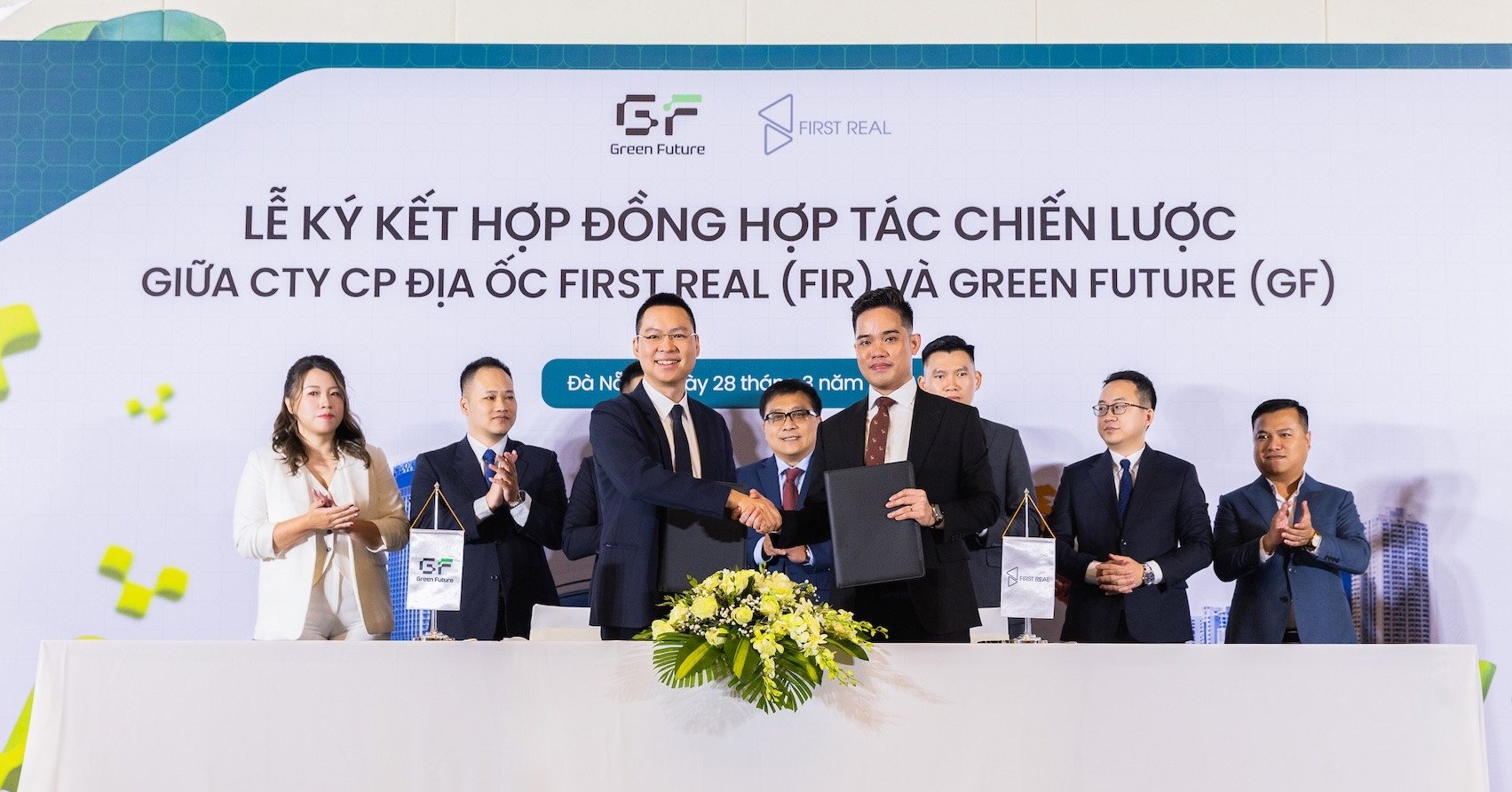

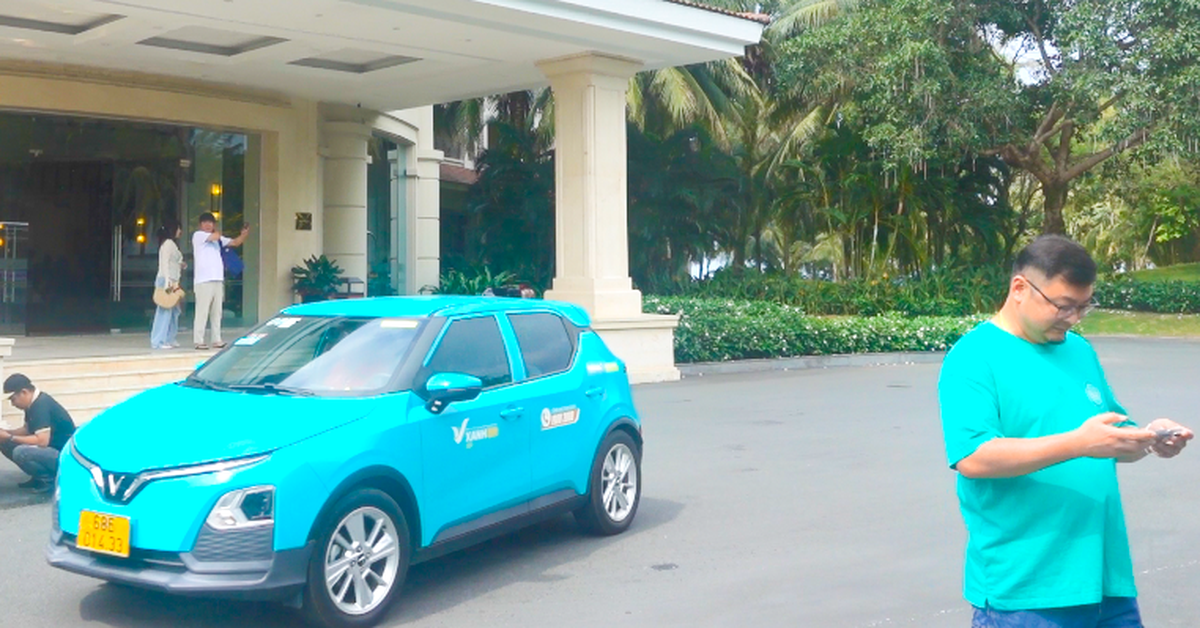

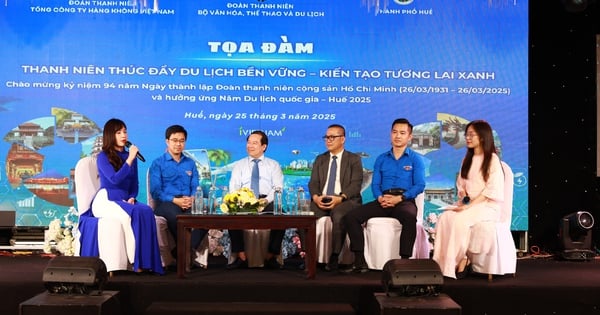

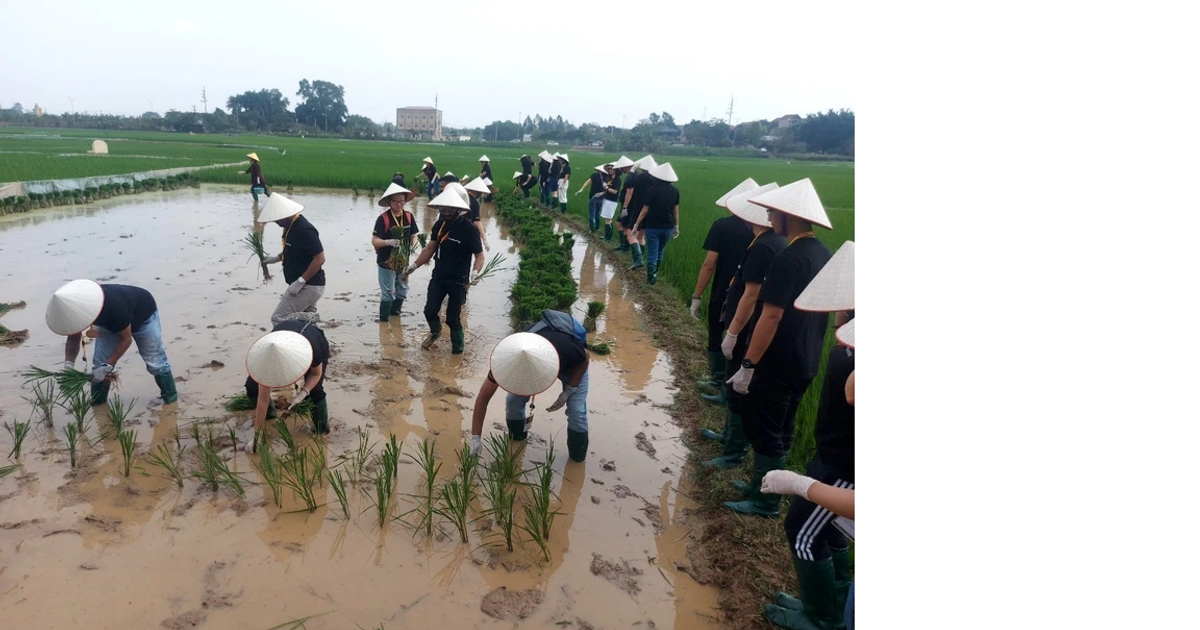




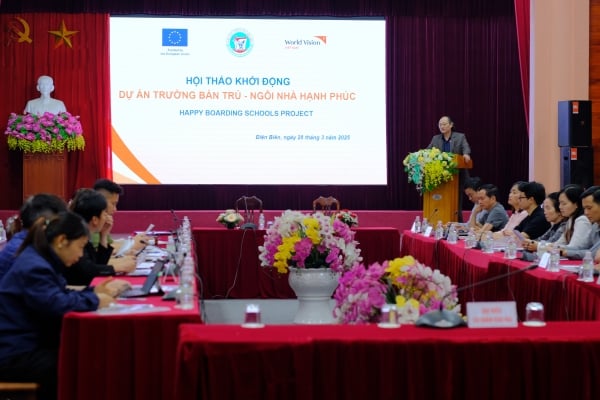
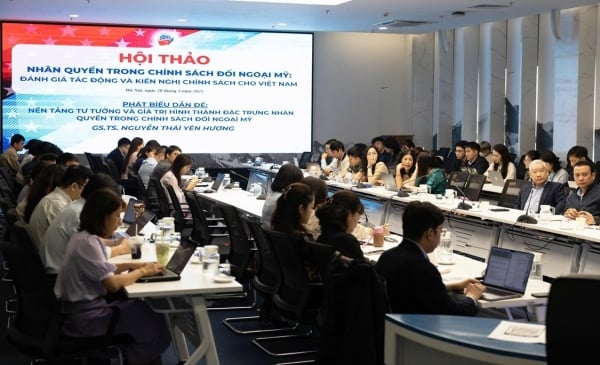



















































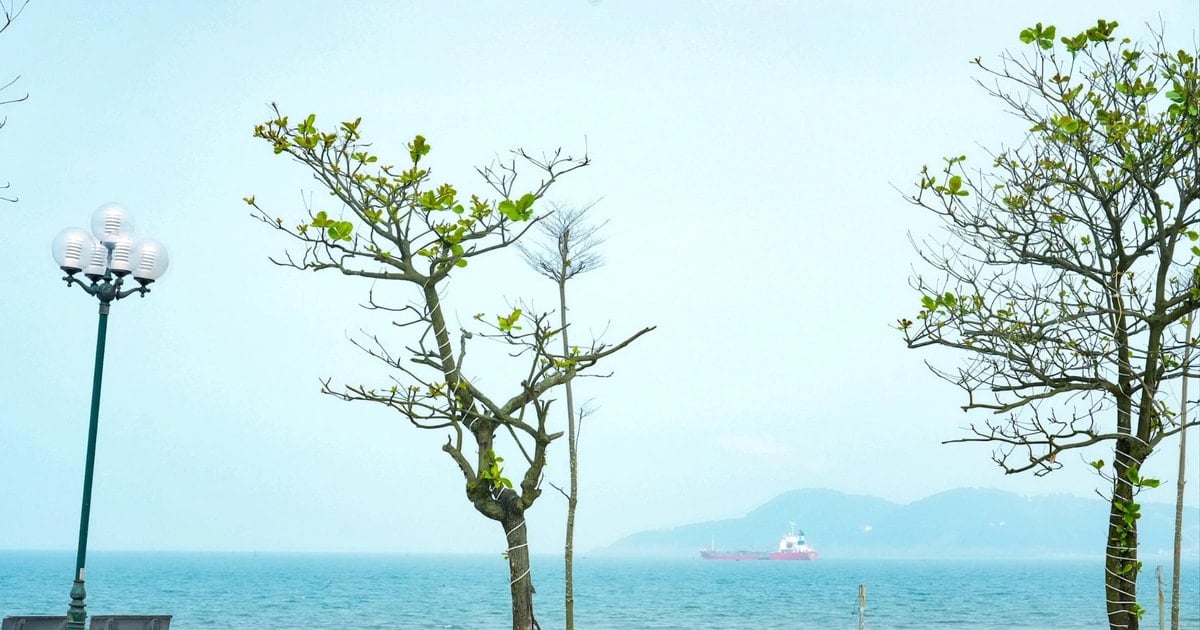



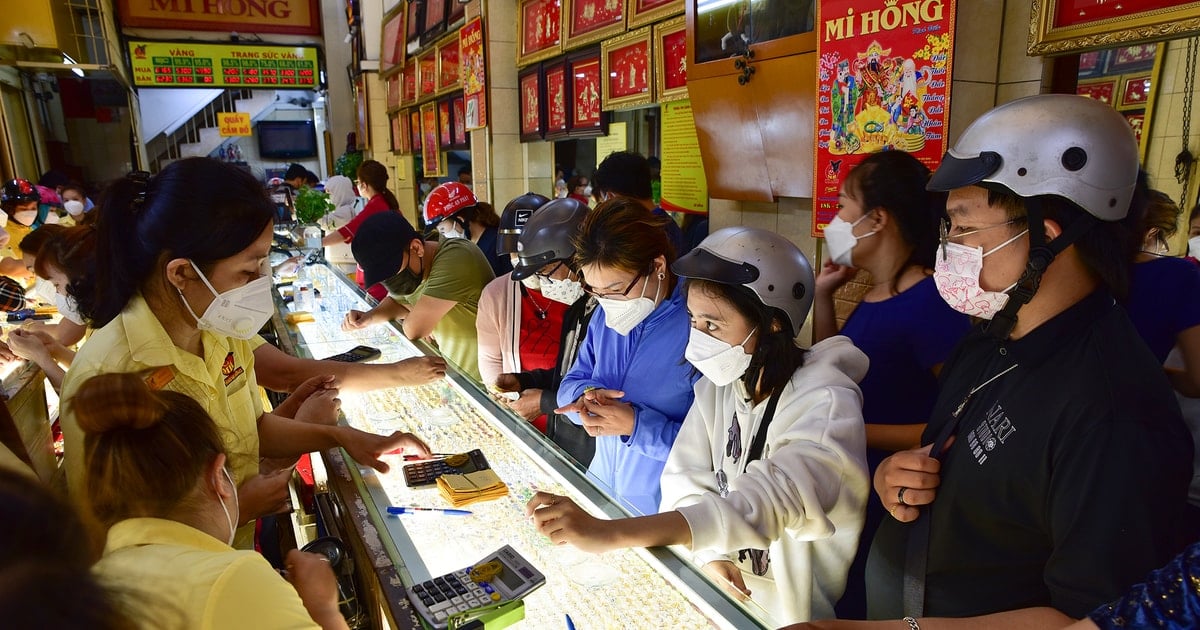

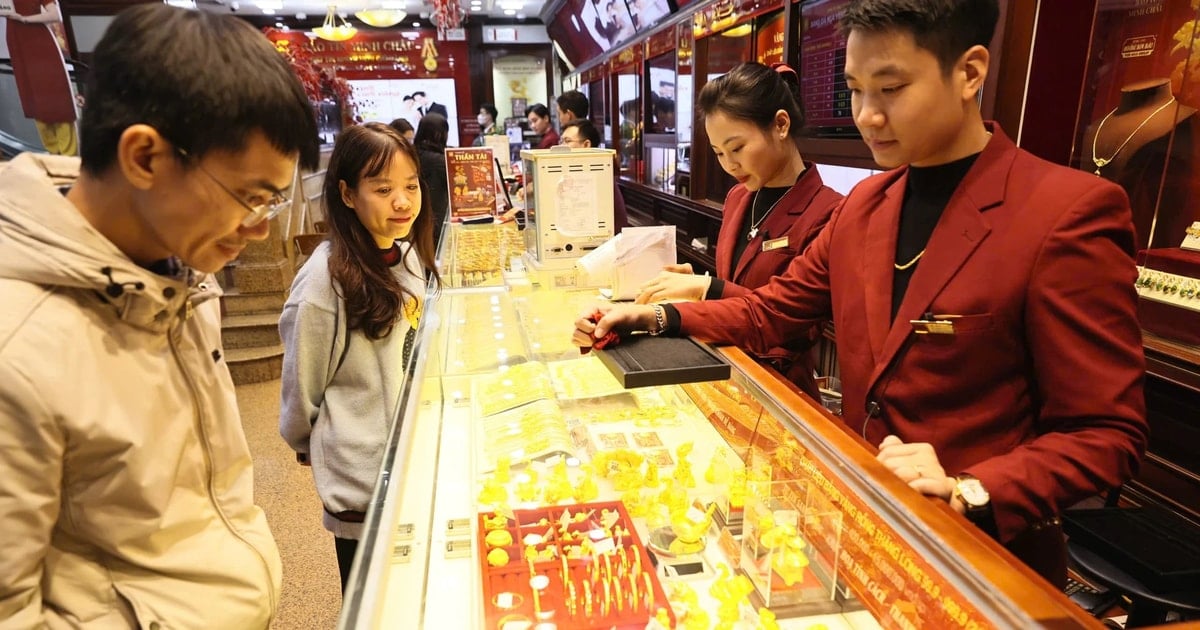












Comment (0)